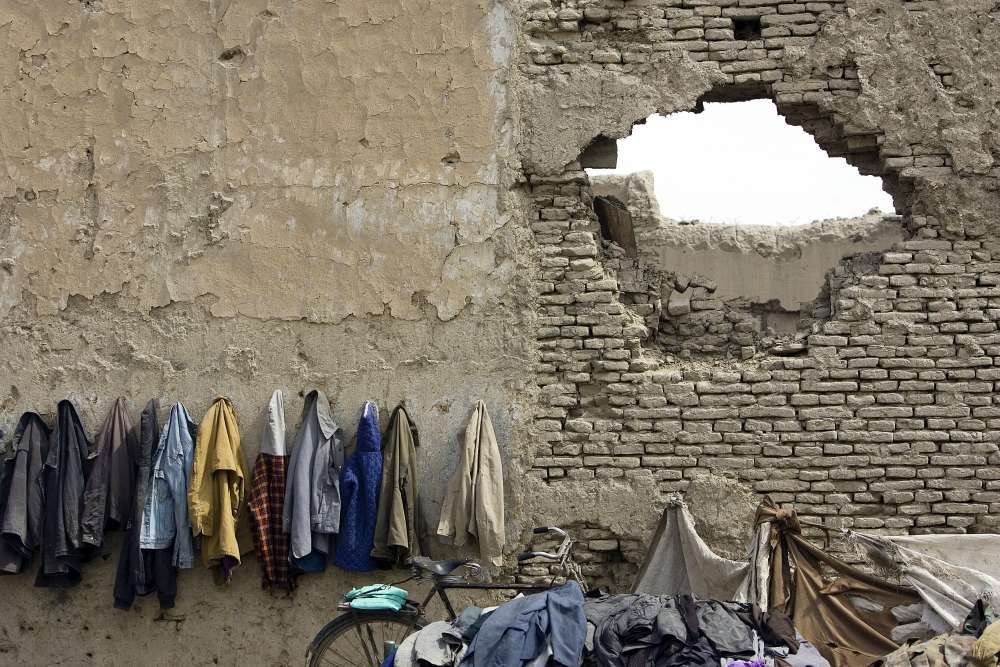UN Crisis Postponed, Not Solved
The fact that the lights have not been turned off (yet) at the United Nations should not lead one to believe that the outlook does not look bleak when it comes to the process of reform.
This matter has received too little attention within Germany, as the country has focused mostly on trying to gain a permanent seat on the Security Council. Whether or not the Security Council will operate with Germany as a permanent member is only of peripheral importance for the future success of the UN.
Of far greater significance is whether or not the UN secretariat will possess the skills, the personnel and sufficient integrity to be able to address the tasks that lie ahead.
These days, the United Nations is a great deal more than just a platform for intergovernmental cooperation. It is an increasingly field-based organization performing ever more complex and important tasks in areas such as humanitarian assistance and peacebuilding.
Still, the UN Secretariat’s resources and management processes, the ability to cooperate and coordinate with UN sub-organizations as well as with civil society and businesses, the mentality of UN staff and the overall organizational culture do not yet match the tasks at hand. The reforms for the UN Secretariat as proposed by Secretary General Kofi Annan this March would allow the organization to meet those challenges.
The proposed reforms are comprised of greater autonomy and flexibility for the UN Secretary General in matters regarding personnel and the budget, the abolishment of superfluous positions and mandates, and more transparency and accountability both internally and toward the public.
Blocked reform
Until now, the G77 member countries, which have a clear majority in the General Assembly, have blocked any attempts at reform. Germany and the European Union should make it clear: that it is no longer acceptable for the G77 members — through cheap rhetoric — to present themselves as advocates of development issues and at the same time — through blocking strategies — to weaken the ability of the organization to function.
Germany and the EU should discredit the G77 strategy of hanging onto superfluous positions and programs for reasons of patronage and prestige and in order to oppose the US (as a matter of principle).
The G77’s strategy will only serve to accelerate the demise of the Secretariat.
Those nations contributing the most money (the US alone pays 22 percent of the UN budget, while the 128 lowest contributing member countries together make up less than one percent of the UN budget) will not provide the means indefinitely.
Compromise needed
What is necessary is a compromise between the supporters and opponents of the reforms. The greatest contributors, such as the US, should depart from a form of rhetoric in which the UN is a mere competitor in the “marketplace for global problem solving” — a competitor that the US uses as it pleases. In return for the G77’s support for comprehensive reforms, the greatest contributors should oblige themselves to make regular payments and significant investments in the institutional capacities of the UN.
The result of this compromise would be a policy of providing greater support for the Secretariat while at the same time demanding improved performance and accountability. This policy would readjust the relationship between the member states and the Secretariat, while spurring on the revival of the noble ideals of the “international public service” that guided the founding of the UN.
It is therefore also essential to obligate Kofi Annan’s successor — even in the choice of one — to advance the process of reforms of the UN Secretariat. This is the only way to stop the demise of the Secretariat following Annan’s departure.







